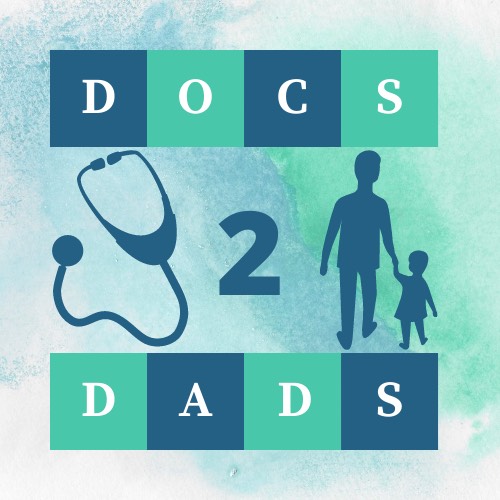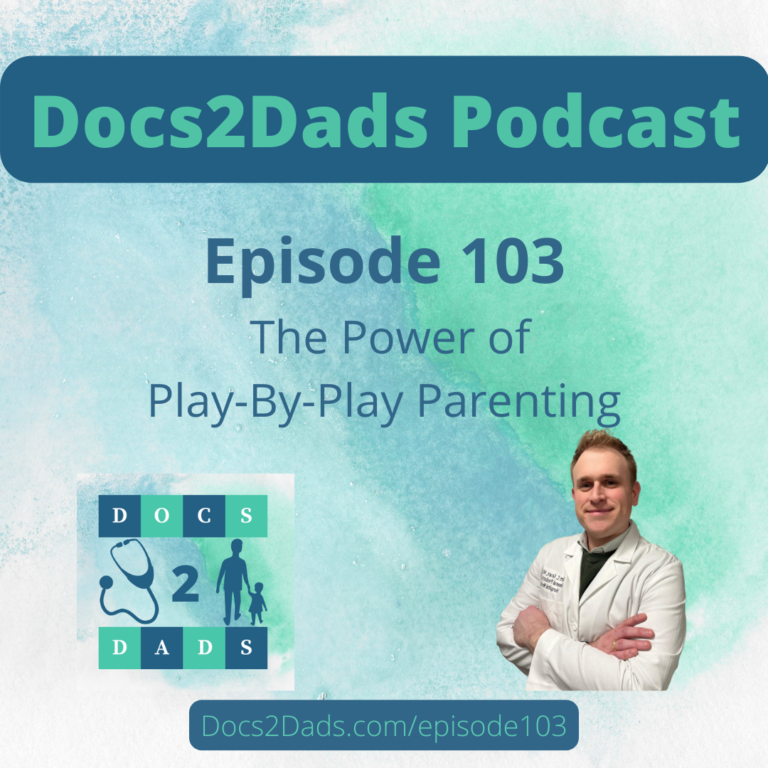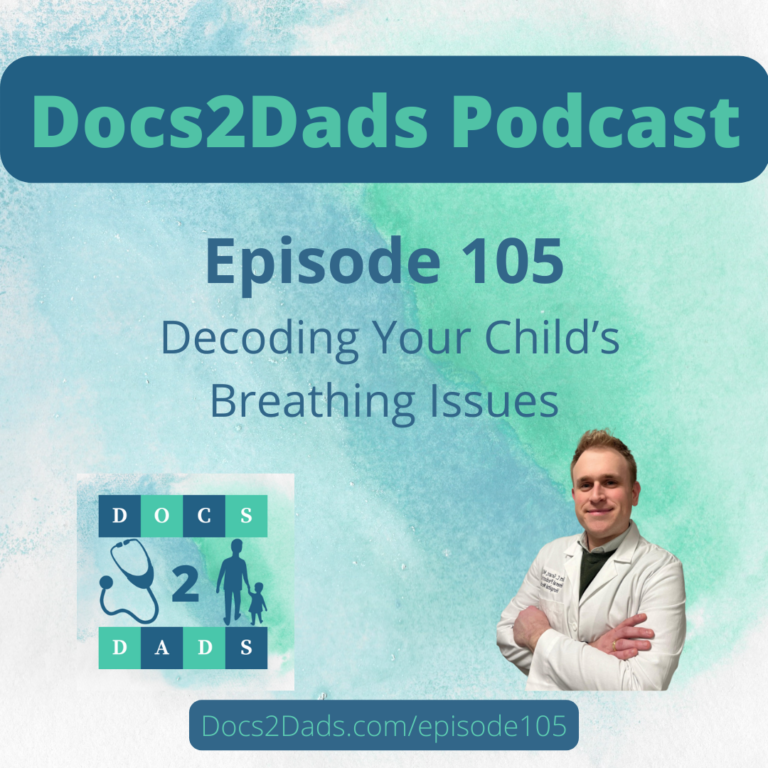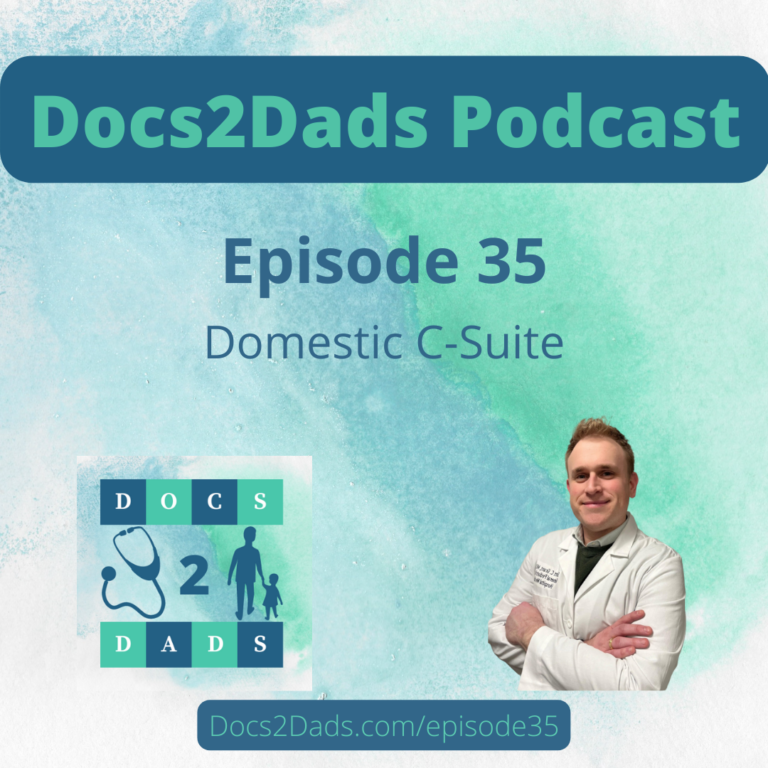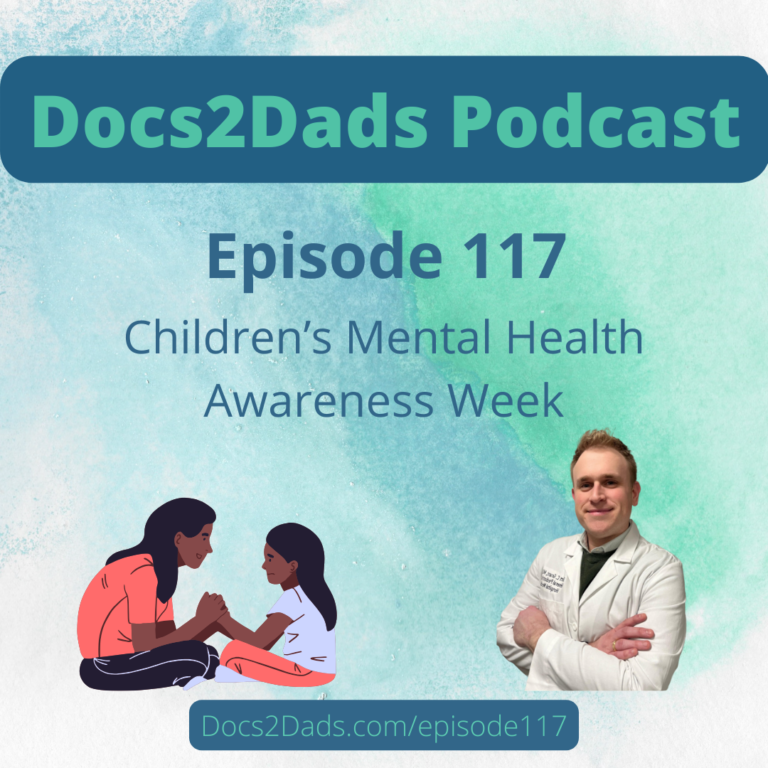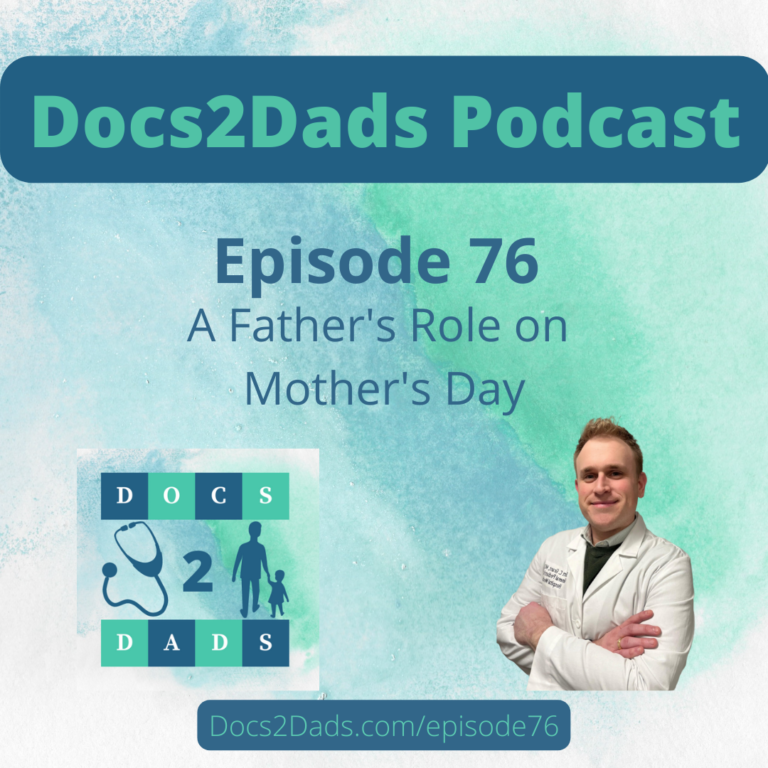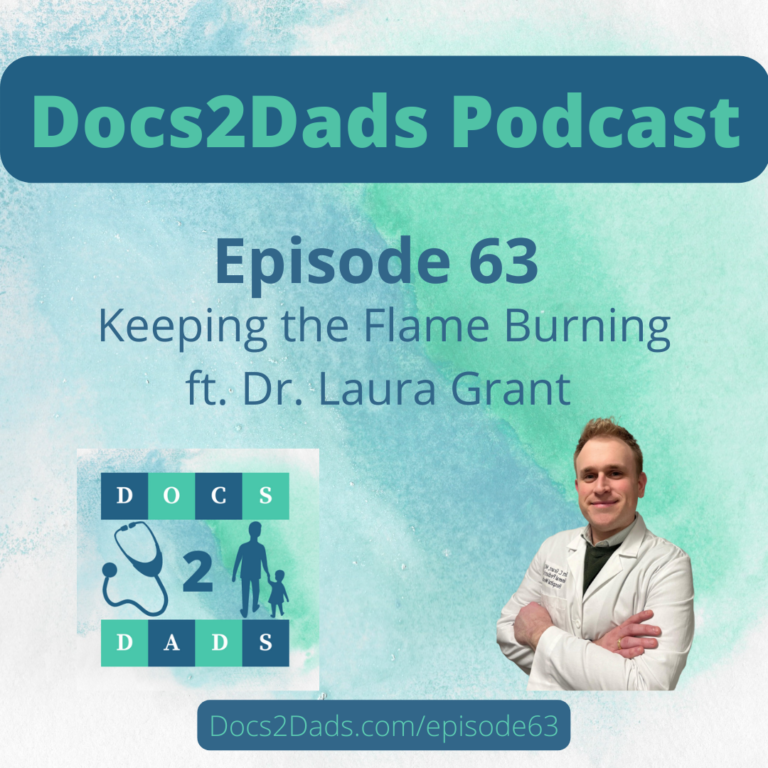Much is made of children having “big feelings,” but in some situations, this is not only understandable; it is expected. Dr. Viktor Frankl says in his groundbreaking, “Man’s Search for Meaning” that an Abnormal Reaction to an Abnormal Situation is Normal Behavior.
We see this in a unique way in kids who have been exposed to various kinds of trauma. We have talked over the last few weeks about the kinds of trauma that have been shown in medical literature to be associated with bad health effects. This is most clearly described in the Adverse Childhood Experiences Study. But what can we learn from this reality to help us raise resilient thriving kids who are prepared to respond in emotionally healthy ways to conflict and adversity?
This week, we add another tool to our Raising Resilient Kids toolbox – the Emotional Container. If we help our kids feel safe and secure and give them the opportunity to talk to us with compassionate predictable availability, then our kids will start to unload some of their concerns and struggles onto us. The emotional container is a tool that will help you support your child in processing those emotions so that they can learn to respond rather than react. The key is this: you can’t internalize or react to these big emotions, no matter how badly you want to. This can be difficult at times, but the emotional container can help.
Our community is here to help you: 💪up your game as a JOY-FILLED dad 👨👩👧👦 be the leader your family needs you to be ❤️🩹build a happier, healthier life for yourself, your family, and your community.
Follow Docs2Dads for more #parenting content from a #pediatrician living the #dadlife – transforming #evidencebasedmedicine into practical #parentingtips
#docs2dads #fatherhood #parentinggoals #workingdads #traumainformed #bigfeelings #adversity #resilience
Connect with Docs2Dads:
Linkedin: https://www.linkedin.com/in/drscottpeds
Instagram: https://www.instagram.com/docs2dadspod
Email: docs2dadspod@gmail.com
Facebook: https://www.facebook.com/docs2dadspod
